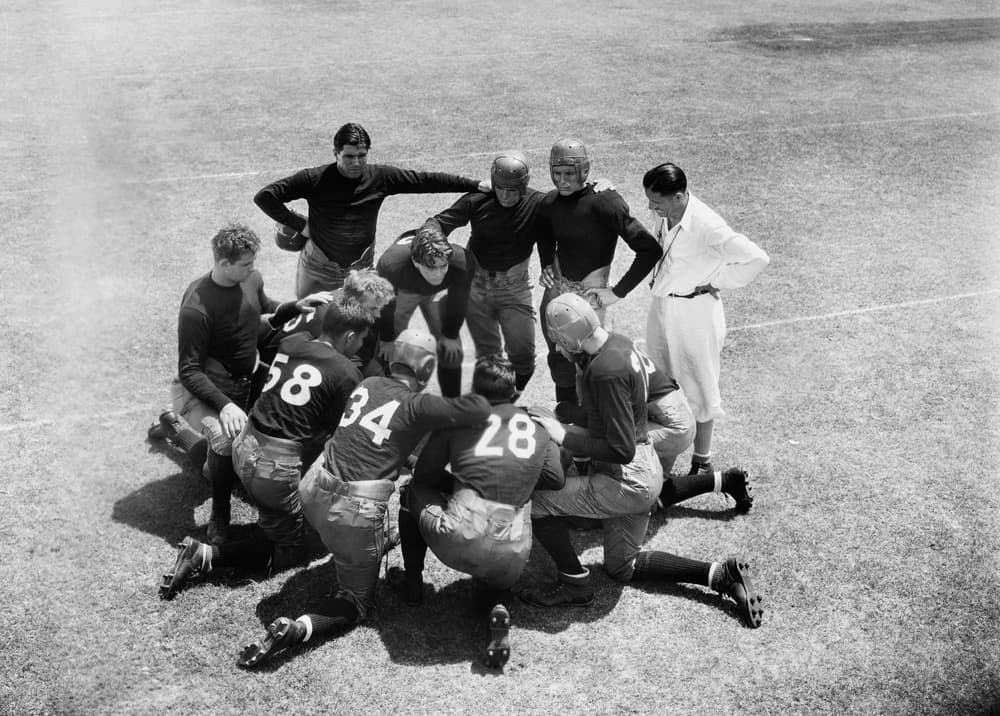Life is not fair. At least I recall my dad telling me this time and time again throughout my years growing up. Every time I said one of their rules or curfews were not fair, the chosen response was just that: Life is not fair.
The same can be said for workers comp. Really, only the injured worker knows what really happened. What the worker really felt as far as pain, symptoms, and so on. The burden of proof is on the claimant–they have to prove how they were injured in the course and scope of their employment, and why they are entitled to workers compensation benefits.
I ran across a great case the other day. This is a fairly high exposure case, and it made me think about what is fair and what is not. It made me curious enough to wonder what everyone else thought. So without further delay, here are the details. Let me know what is fair, and what is not fair.
Click Link to Access Free PDF Download
“How Do I Get My Adjusters To Follow My Account Handling Instructions?”
Example: Police Officer Injured Fighting With Burgler
This case involved a Police Officer. The City is self-insured, with work comp benefits provided by a third party administrator.
On the day of injury, the Officer was in his car on patrol. He sees someone trying to break in to a second story condo. He pulls his car over and begins his pursuit of the criminal. Once up on the second floor balcony, they come face to face with each other. A struggle ensues, and in the fight they both fall from the second story to the sidewalk below. The criminal lands on top of the Officer. The Officer recalls his right arm was pinned underneath him when he landed on it. The criminal was attempting to grab the Officer’s gun out of his holster, and the Officer was fighting him off with his left arm. After what probably seemed like forever, backup arrived and the criminal ran off.
The Officer was ambulanced to the hospital. Diagnosis is a right shoulder fracture, severe right shoulder rotator cuff tear, and plenty of bumps and bruises. Right arm surgery is performed, with plating, screws, and a massive rotator cuff repair. He is discharged from the hospital and sent home to recover.
Right Arm Claim Accepted, Left Arm Claim Denied
About a month later, as he becomes a little more active, he notices the left arm bothering him. It is painful, and he has very limited range of motion. He brings this up to the attention of his claims adjuster, who flat out tells him that the claim he made was for his right arm, and not for his left arm. They attempt to deny benefits on the left arm, citing his failure to specifically add the left arm to the claim at the time it was filed.
Obviously, he doesn’t think this is a fair denial. At the time, his right arm was severely injured in more than one way. The focus was more on the right arm, when compared to the left. So, is it fair to deny the left arm as being injured in the course and scope of employment? True, he failed to “report” the left arm as being injured. So, with no other option, he treats for the left arm under his own insurance, vowing to fight it to the bitter end and recoup his medical monies he is spending out of his own pocket for coverage.
Diagnostics on the left arm show a tear in the labrum, and a rotator cuff tear. Neither are bad tears, but there are tears. All the while, the right arm is not rehabbing very well. He has not worked since the injury.
It is now 8 months later. Recent MRI of the right arm shows a tear in the labrum that was not repaired at the time of the surgery. The treating doctor does not think this tear in the right arm is operable, and only recommends an FCE to see what he can do with the right arm. The Officer has very limited right arm range of motion and considerable weakness.
The left arm is not mentioned, and the doctor just shrugs his shoulders when the Officer asked if the left arm could have been injured in this accident. The doctor uses the standard response of “If you do not have an MRI prior to the injury, I have no idea if the tear pre-dated the injury or not.”
The response the Officer has is “I was fully functional and able to perform my duties as a Police Officer before this accident. Now both of my arms are injured and I have considerable difficulties with both arms. How can you say with medical certainty that you do not know?”
Is It Fair For the Adjuster To Deny Left Arm Benefits?
When I reviewed the file that was where it was at. I took a step back and thought about it. Is this fair? Can fighting off a criminal with your left arm who is grabbing at your gun enough to cause damage to your left shoulder while you are filled with adrenaline and basically fighting for your life? Is it fair for the adjuster to deny left arm benefits?
I then think about the ProPublica/NPR articles. This seems to be a good example of a breakdown in the system. Here we have a 20-something year old Police Officer, who almost became a statistic of another homicide against law enforcement officers. He feels as he has done nothing wrong in reporting his injuries, but somehow he is being swept aside through a loophole the adjuster is flaunting about reasonably reporting an injury.
When I look at the injury, I think it is doubtful he will ever return to his job as a Police Officer being able to patrol the streets. He will face considerable obstacles in further rehab, and will likely face permanent restrictions with likely both arms. So, is the TPA angling to settle this case on one arm versus having to settle a case involving both arms? Or, is the Officer at fault for not reporting the full extent of ALL of his injures and not just the “main” injury to the right arm?
If we can fast-forward to the conclusion of this case, will there ever be a “fair” result for either party?
Author Michael B. Stack, CPA, Principal, Amaxx Risk Solutions, Inc. He is an expert in employer communication systems and helps employers reduce their worker’s comp costs by 20% to 50%. He resides in the Boston area and works as a Qualified Loss Management Program provider working with high experience modification factor companies in the Massachusetts State Risk Pool. He is co-author of the #1 selling book on cost containment, Your Ultimate Guide To Mastering Workers Comp Costs www.reduceyourworkerscomp.com. Contact: mstack@reduceyourworkerscomp.com.
©2015 Amaxx Risk Solutions, Inc. All rights reserved under International Copyright Law.
SALES TO PAY FOR ACCIDENTS CALCULATOR: http://reduceyourworkerscomp.com/sales-to-pay-for-accidents-calculator/
WC GROUP: http://www.linkedin.com/groups?homeNewMember=&gid=1922050/
Do not use this information without independent verification. All state laws vary. You should consult with your insurance broker, attorney, or qualified professional.















